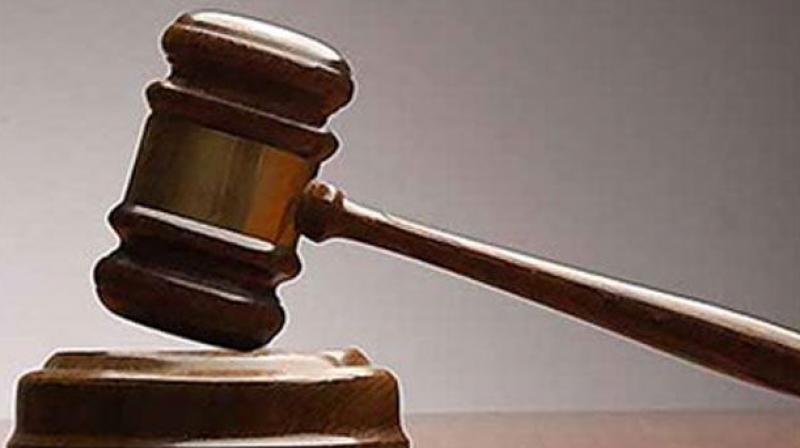A good idea, but...

No move will be welcomed more widely by people than the Centre’s promise to set up 12 special courts to try MPs, MLAs and other politicians in criminal cases, that tend to move at a snail’s pace as they use every trick in the book to hold up proceedings. The fast-track scheme, which will cost just Rs 7.8 crores a year, will be worth its weight in gold if the courts haul up politicians who feel that once elected they become immune to the law. They should be more careful not to breach the law on becoming public representatives, but they simply don’t see it that way. On the contrary, they feel that election to public office gives them a licence to ignore the country’s criminal and anti-corruption laws.
But while the Centre may be willing to fast-track thousands of cases against politicians, the fact that it has pleaded for more time to collate and verify data going back to the 2014 elections, which pointed to there being 1,581 cases pending against legislators, suggests that the system of obfuscation has been perfected. There are classic examples like those of convicted Lalu Prasad Yadav and the DMK leaders, who are virtually free to pursue politics in public life. And they represent only the tip of the iceberg. Given the difficulties experienced in bringing any case against a leader to a definitive conclusion, it’s questionable if the nation would ever pass laws under which those with criminal cases against them will be ineligible to seek public office and those convicted will face a lifetime ban from holding public office.

